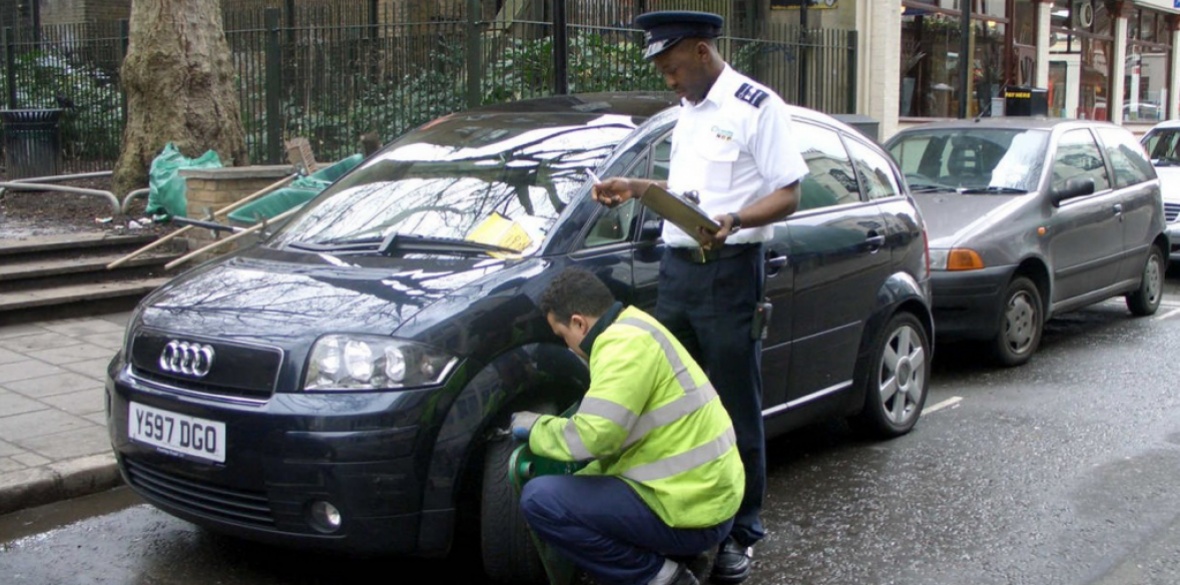This is the last article you can read this month
You can read more article this month
You can read more articles this month
Sorry your limit is up for this month
Reset on:
Please help support the Morning Star by subscribing here
NSL is a leading — if little known — British privatiser. Its latest accounts admit a big truth about privatisation: NLS says there is “no significant” threat of “competition” right now. Competition only “could possibly” be an issue in the “long term.” NSL isn’t worried about competition: instead its thinks its workers getting better wages is a “principal risk.”
NSL’s accounts show it is a big-ish beast. It has a £155m turnover and 3,725 staff. NSL’s slogan is “Delivering and managing outsourced services in regulated public environments” — that’s not exactly snappy, so I’ll explain. NSL was part of the giant car parking company, National Car Parks.
It broke away in 2007: NSL decided to profit from the long running push for councils to privatise their services.
Specifically NSL won contracts to run council traffic warden services. “Parking enforcement” has grown as more cars congest cities. Parking fines are big income for cash-strapped councils. NSL taps into that. It says, very grandly, “Our strategic vision is to be the leading UK service provider.” But it hasn’t really got beyond its basic make-cash-from-privatised-traffic-wardens business.
As the accounts show, NSL did have £35m worth of ambulance contracts in 2017. In 2018 it had none: NSL lost all its contracts for non-emergency ambulance work from NHS trusts because it did it so badly (a failure I highlighted back in 2013).
Does this privatisation mean the “discipline of the market” works? Does “competition” between companies improve services? No: company law says big firms must list “principal risks” they face in their accounts. NSL lists five risks.
One is “competition.” But it actually says “there is no significant short-term risk because of the long-term nature of the company’s contracts.” There is a theoretical long-term risk because “new competitors could possibly enter into its markets.” However, NSL “manages the long-term risk by developing strong customer relationships.”
So it doesn’t fear competition — it’s not “significant,” only a “could possibly” risk — as long as they can keep councils happily locked in to long term contracts. This is a recipe for profiteering at the hands of weak councils.
What it does fear is “price” — which means the price of workers — what we call wages. NSL say “if inflation in labour costs exceeds the agreed inflationary uplifts of contracts then future contract profitability will decrease.”
That’s NSL’s crude model. Take money from councils, give less to workers. It isn’t relying on innovation or efficiency. Just on squeezing the staff. No wonder it stumbled when trying to develop its business in new fields like ambulances.
That’s what the accounts say. This is what it looks like at street level. NSL traffic wardens have been through a series of solid strikes in Camden since last year, organised by Unison — most recently striking in February. They want £11-15 an hour and better holiday and sick pay. They are striking in Wandsworth as well, where they are members of the GMB.
The GMB are also pressing for a better deal for NSL traffic wardens in Westminster, where they are actually paid below the London Living Wage (£10.55 an hour). The GMB says the wardens are not covered if they have an accident at work, and if they are sick, NSL refuses to pay them for the first three days of illness.
This is what the strategy of signing long-term deals with councils then squeezing the staff looks like. There are two simple answers. The first is everybody should support striking NSL staff, so they can win better wages: in 2015 NSL staff in Camden increased their pay through solid strikes, so this can be done. Secondly, councils should cut out the profiteering middle man.
Take traffic enforcement back in house. The privatisers take the profits, but give nothing back.
Solomon Hughes writes every Friday in the Morning Star.












